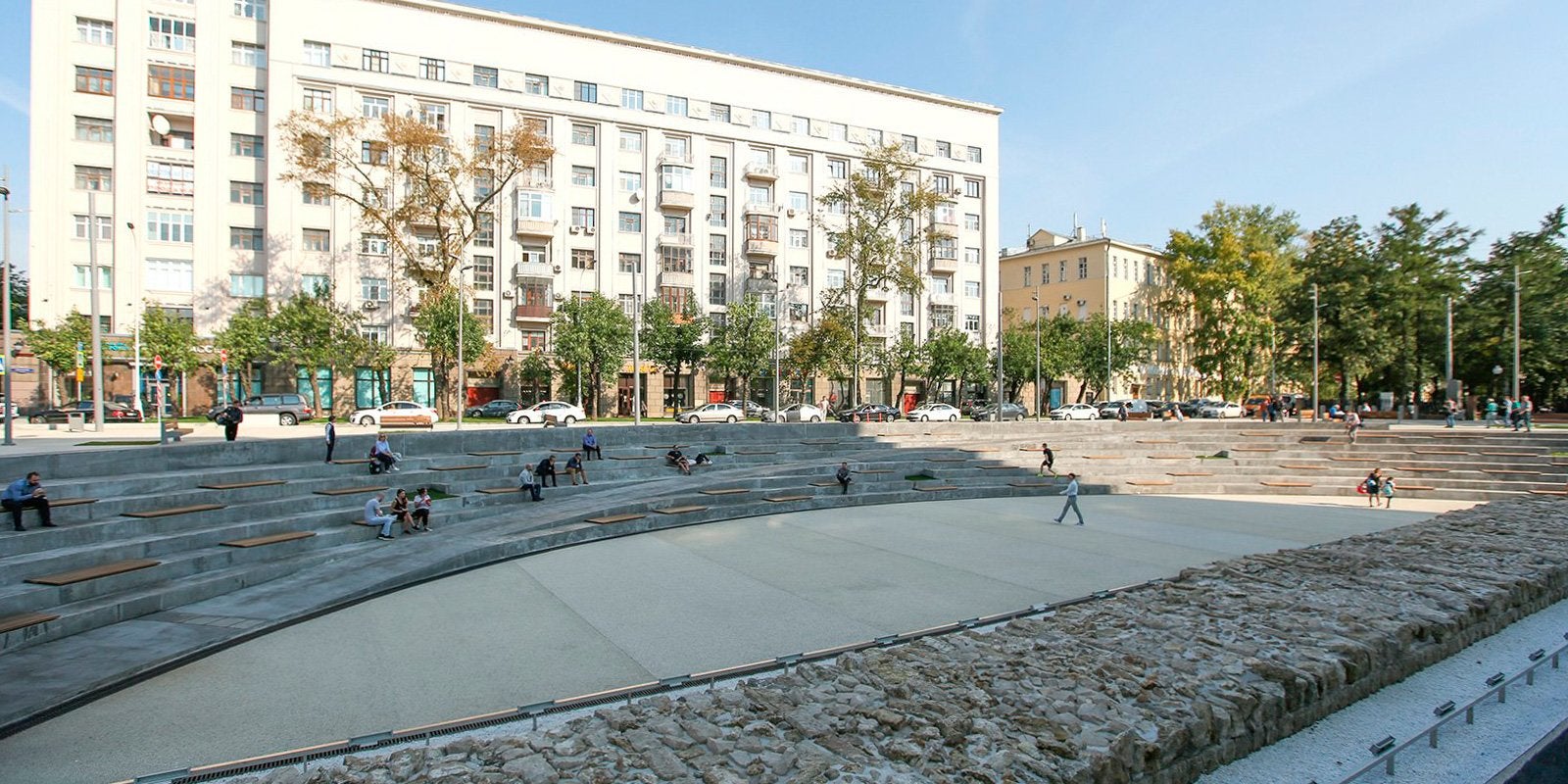Skinhead vigilantes attack hipsters on Moscow’s streets to ‘uphold Russia’s moral code’
Armed with pepper spray and punches, gang members prey on anyone perceived to be engaging in ‘vice’

Your support helps us to tell the story
From reproductive rights to climate change to Big Tech, The Independent is on the ground when the story is developing. Whether it's investigating the financials of Elon Musk's pro-Trump PAC or producing our latest documentary, 'The A Word', which shines a light on the American women fighting for reproductive rights, we know how important it is to parse out the facts from the messaging.
At such a critical moment in US history, we need reporters on the ground. Your donation allows us to keep sending journalists to speak to both sides of the story.
The Independent is trusted by Americans across the entire political spectrum. And unlike many other quality news outlets, we choose not to lock Americans out of our reporting and analysis with paywalls. We believe quality journalism should be available to everyone, paid for by those who can afford it.
Your support makes all the difference.Known locally as “the pit”, the amphitheatre at Khokhlovsky square is a jewel in Moscow’s regeneration crown. Built around a fragment of the old city wall, the contemporary space is everything that the capital usually isn’t – simple, generous, public and free. Ever since it appeared in 2017, it has acted as a magnet for Moscow’s trendiest to gather and make merry.
But last Friday, the capital’s hipsters came face to face with a very different side of contemporary Russia.
At approximately 10pm local time, a group of shaven-head, thick-built and tracksuited young men arrived at Khokhlovsky square. They admonished the revellers for drinking alcohol in a public space. Then scuffles broke out, and bottles began to be thrown. Almost as quickly, the sportsmen produced pepper spray from their pockets. They targeted those who offered resistance, and then sprayed more generally.
Social media footage from the incident shows victims holding their eyes and stamping the ground in agony. Some five people were treated for burns.
When police arrived, they arrested at least one of the victims and led another dozen off to write witness statements. None of the tracksuited men were arrested.
Unbeknownst to the hipsters at the time, they had become the latest target of a group of “healthy living” vigilantes, going by the name of “Leo against”.
The brainchild of a neo-Nazi called Maxim Lazutin – the name come’s from Lazutin’s Zodiac sign – the group’s idea is as primitive as it is ironic: protecting Russia’s public and moral order by attacking anyone they see smoking, drinking or using foul language.
Their methodology is as well-worked as it is well-monetised. The group film their “public order” raids, which usually end in punches and pepper spray. Then, they post their videos on YouTube, earning significant advertising revenue from their nearly two million subscribers in the process. The group have been active at some level since 2014, but in recent months they have stepped up their operations.
On Sunday, The Independent became an accidental witness to the latest of the group’s raids. The target this time was a gathering of homeless men and women drinking near Kazan station in central Moscow.
With cameramen in tow, at least four tracksuited men attacked the gathering. Initially, the men tried to forcibly confiscate alcohol. Their victims offered tepid resistance, which was was followed by pepper spray, delivered directly into the eyes. Two of the homeless men retaliated using whatever weapons they could get hold of: a metal bin, then vodka bottles.
When police eventually arrived, they showed no interest in arresting the attackers.
“Leo against” is by far from the first vigilante project of its kind to hit Russian streets in recent years – or indeed the first to feature founder Maxim Lazutin.
For several years, Lazutin collaborated with Maxim Martsinkevich, a fellow neo-Nazi going by the name Tesak (“Hatchet”). Together, the two men carried out dozens of honeytrap operations, luring gay men into liaisons with teenagers. The videos Tesak and Lazutin produced under the banner of “anti-pedophilia” were shocking – as much for the extreme violence and humiliation they dished out to their victims.
Around the time Tesak was arrested in Cuba on extremism charges in 2014, Lazutin switched to another vigilante operation with links to the Kremlin. Translating awkwardly as “Stop Rudeness”, Stopkham was inspired by former members of the defunct pro-government youth movement “Nashi”. Its activists played the role of vigilante traffic police, attaching difficult-to-remove stickers to cars parked illegally. They caught leading politicians and celebrities, and their videos, often accompanied with violence, were viral sensations.

Now, as then, there is more than a hint that Lazutin and his fellow vigilantes enjoy the protection of at least part of Russian officialdom. No action has ever been taken against “Leo Against” activists, despite evidence of unprovoked attacks. Police officers have even accompanied their raids. On at least two occasions in 2014-15, the group received government grants totalling 12m roubles (roughly £150,000) for “social control” over Russia’s anti-smoking laws, according to official government records. Lazutin denies receiving this money.
The Independent attempted to reach Lazutin and members of the group for comment via a number channels, but requests went unanswered.
A former member of the group, Dmitry Udarov, told a local media station that the vigilante group had “hyped” itself out of control. An obsession with monetising YouTube advertising revenues, he said, had radicalised them to violence: “They’ve begun to behave outrageously, provoking people who just happen to be standing by.”
After initially agreeing to talk, Mr Udarov also turned down the offer to contribute to this article.
Join our commenting forum
Join thought-provoking conversations, follow other Independent readers and see their replies
Comments